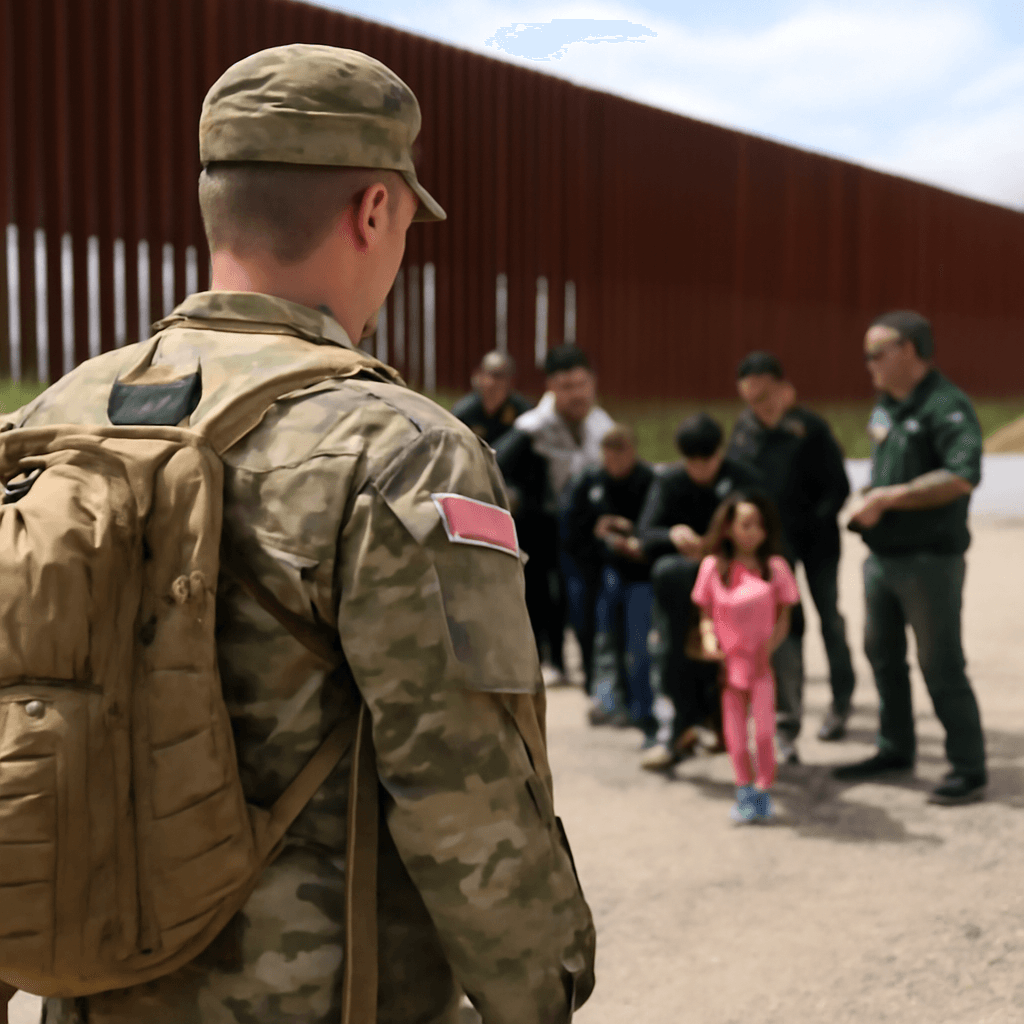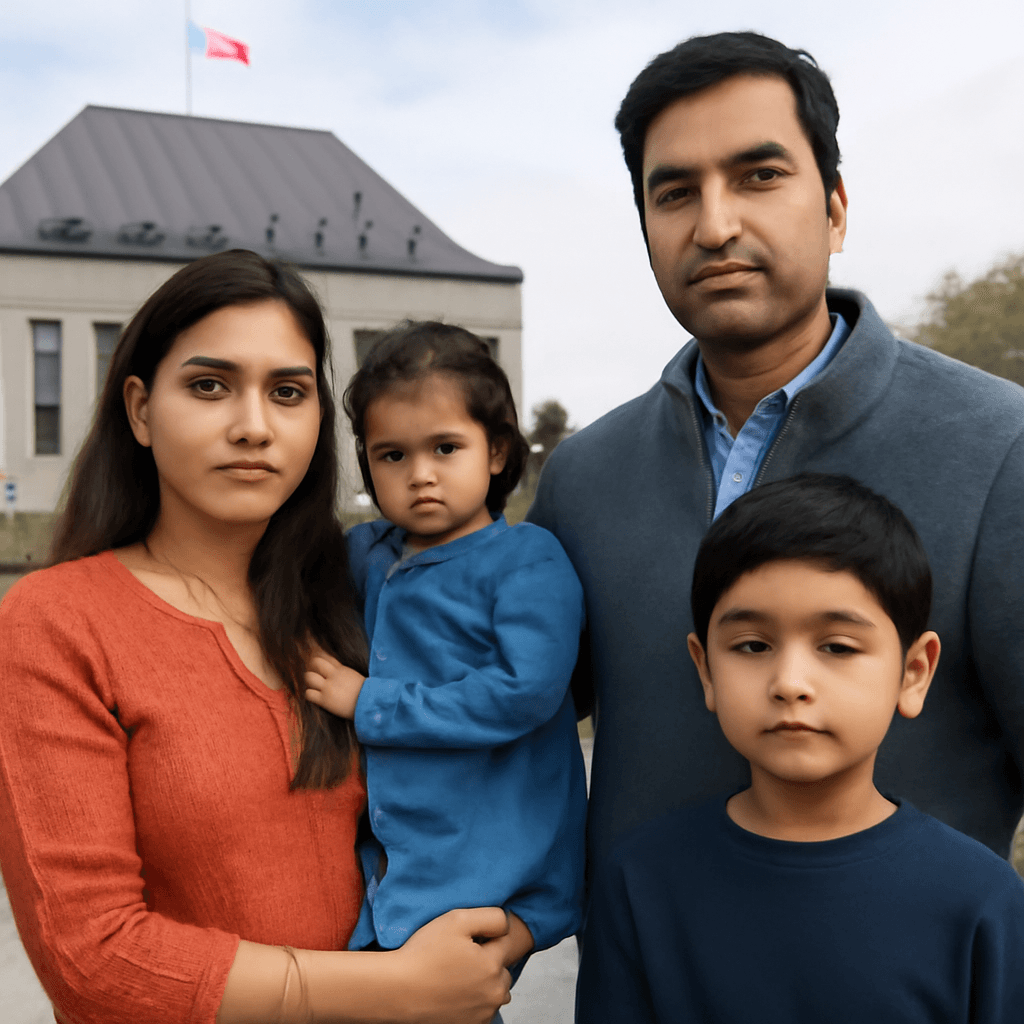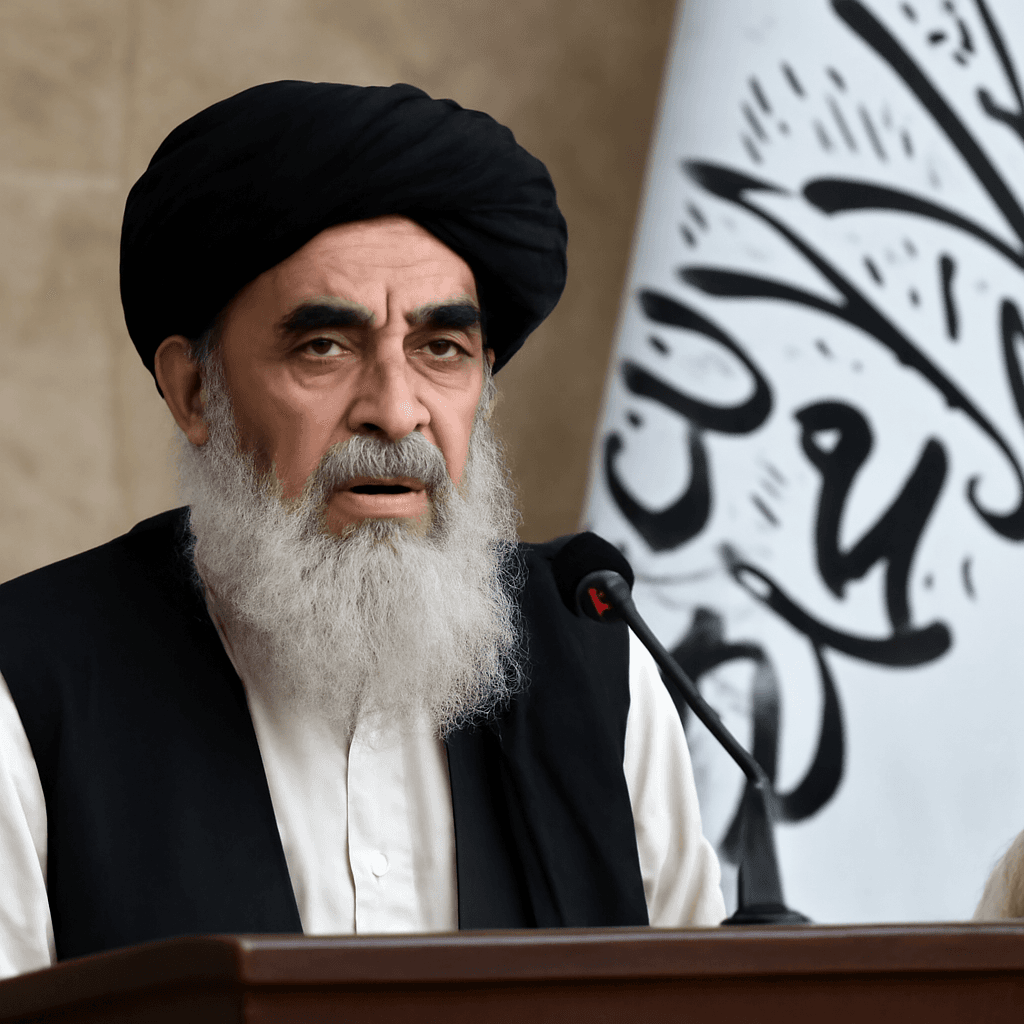Canada Proposes Bill C-3 to Modernize Citizenship Laws
On June 5, 2025, the Canadian government introduced Bill C-3, a legislative proposal aimed at addressing issues related to citizenship arising from the 2009 "First-Generation Limit" (FGL). This long-standing regulation had restricted citizenship for many individuals born outside Canada, particularly impacting immigrant communities including Indian-origin residents and skilled foreign workers.
Background: First-Generation Limit and Its Impact
The First-Generation Limit enacted in 2009 set constraints on the transmission of Canadian citizenship to children born abroad. Under these rules, citizenship could only be passed to the first generation born outside Canada, often resulting in children born to Canadian parents abroad being denied or losing their citizenship. Many families faced challenges proving or maintaining citizenship rights due to these restrictions.
Key Provisions of Bill C-3
- Automatic Reinstatement of Citizenship: The bill proposes to automatically reinstate citizenship to individuals who were previously denied or had their citizenship revoked under the FGL and similar regulations.
- Extending Citizenship Transmission Beyond First Generation: Canadian parents born abroad would be able to confer citizenship to their children, even if those children are also born outside Canada, overcoming the first-generation limitation.
- Establishing a ‘Substantial Connection’ Criterion: The bill requires a parent to demonstrate a minimum physical presence of 1,095 days (three years) in Canada before the birth or adoption of their child to pass citizenship.
This approach situates Canada as more inclusive in its citizenship policy, allowing multi-generational Canadian families abroad to retain citizenship rights. This is particularly beneficial for immigrant families in the Indian diaspora, who often maintain ties to both Canada and their countries of residence.
Comparison with US Citizenship Policy
Meanwhile, immigration policies in other countries such as the United States have become more restrictive. For instance, recent executive orders have sought to end birthright citizenship for children born in the US to parents on temporary visas like H-1B and F-1. This contrast highlights Canada’s direction towards more progressive citizenship reforms.
Legislative Status and Future Outlook
Bill C-3 is currently undergoing parliamentary review, requiring three readings and royal assent to become law. This move also responds to directives from the Ontario Superior Court of Justice, which ordered the federal government to amend the citizenship legislation by November 20, 2025. Failure to comply may lead to parts of the FGL provisions being struck down or constrained by the courts.
Implications for the Indian Diaspora and Immigrant Communities
The anticipated enactment of Bill C-3 is expected to benefit thousands of Canadians, particularly within the Indian diaspora. Skilled workers and immigrants with Canadian roots will gain easier access to citizenship rights for themselves and their descendants, overcoming bureaucratic and legal hurdles established under the former framework.
Summary of Benefits:
- Reinstatement of citizenship for those affected by outdated first-generation rules
- Extension of citizenship transmission rights beyond the first foreign-born generation
- Enhanced clarity and fairness in citizenship criteria based on physical connection to Canada
These changes aim to foster stronger ties among Canadian citizens and their families abroad, reinforcing Canada’s commitment to inclusive and equitable citizenship policies.















